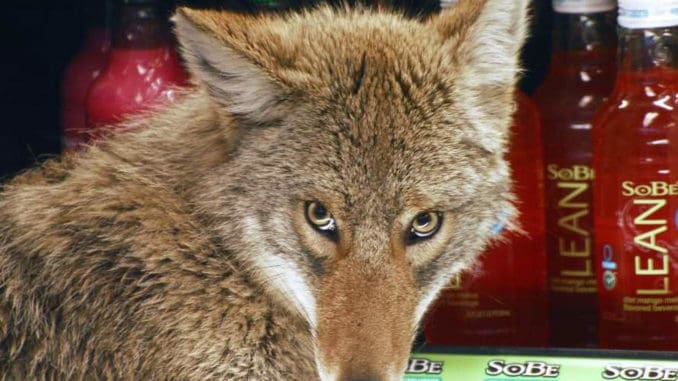
“California has the highest rate of human-coyote contact of any state, and every state has coyotes.” Dr. Eric Strauss spoke to the council in regard to his proposed coyote study and management plan, the final agenda item after the council debated requirements for electrical vehicle parking at the meeting on May 13, 2019.
As often happens at Culver City Council meetings, hours are spent on details. This is part of what marks a good council; no one wants to rush through a motion that is going to have long term effects on the community only to discover that one small detail – one overlooked detail – makes a difference.
Parking is the issue most discussed in regard to development, and encouraging cleaner cars is a priority for Culver City. Noting that “53% of all electric vehicles sold are sold in California,” the requirement for future developments to have parking and/or charges for electric vehicles brought in the models from surrounding cities (West Hollywood, Santa Monica), the number of parking spaces already legally required, and how much would be considered to be enough.
Council member Danial Lee spoke cautiously, noting that, ” The people we have coming in now are largely tech companies and, not to mischaracterize the tech companies, but these are people who choose electric vehicles.”
The original proposal, calling for 40% of parking to be accessible for charging vehicles, was tailored down to a 10% – 10% – 20 % with the EV charging stations for both commercial and residential developments required to be 10% for Level One charging (120 Volts), 10% for Level Two (240 Volts) charging, and 20% for charging to be ready to be installed, noting that the infrastructure would already be there, so chargers could be installed easily as needed.
On the coyote management plan, when Dr. Strauss was addressing the council, he reminded the audience that it was a multi-year project, and that the results of the study would be a benefit to the city and to the region.
Deborah Weinrauch was among those who spoke from the podium, saying that she had been one of the frustrated residents last year, but after attending a community outreach meeting in March, “my questions were answered, and I think we should go ahead with this study.”
Jamie Wallace noted that coyotes were “a regional challenge – we live in an urban wildlife interface. I’m lucky, in that I do have a fenced yard and large dogs, but I have neighbors who have lost pets, and I know this is a problem.”
Council member Alex Fisch went after the semantics. “It’s almost a shame that you put the word ‘study’ in there, I’ve read all the research papers, and they all say to do this – to do exactly this. The City of Torrance did a study, then chose to disregard it, ended up hiring a trapper and killing exactly one coyote. That was a waste of taxpayer money. We are going to be the ones to do what the research says to do, and hopefully win back the public trust.”
The motion passed with a four-fifths approval, the only ‘no’ vote coming from Vice Mayor Goran Eriksson.
Judith Martin-Straw


Be the first to comment